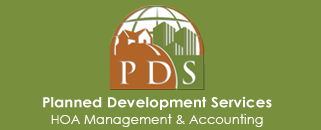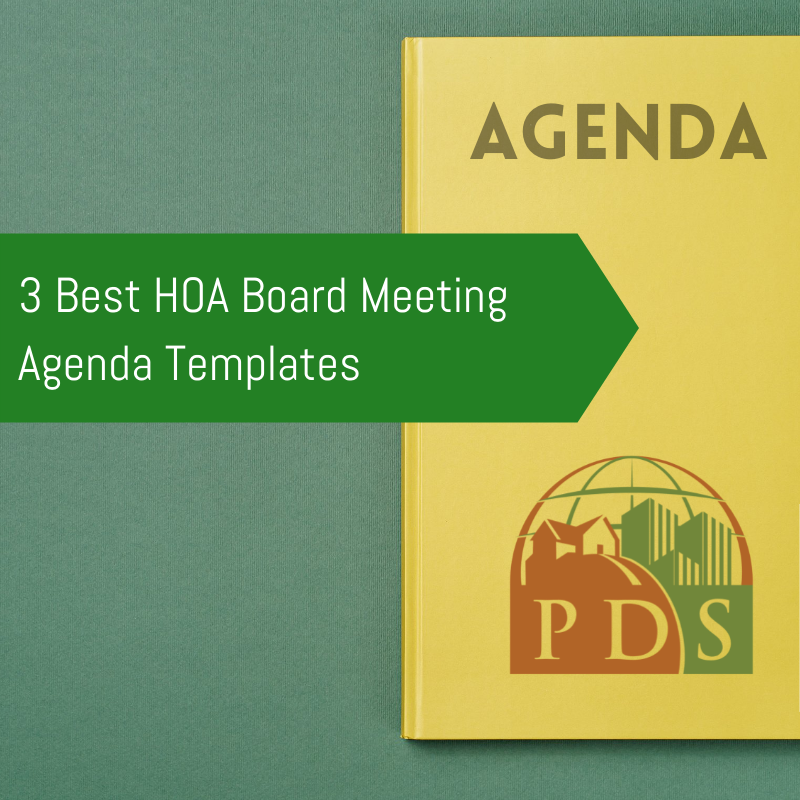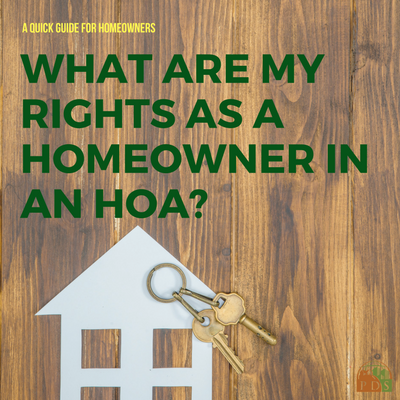
What We Learned About HOA’s From Justin Bieber
Whether he’s speeding, egging, or spitting in the face of both neighbors and common decency, Justin Bieber has been giving a bad name to Southern California “boys next door” for some time now.
He’s also become the worst nightmare of every HOA board from Columbus to Calabasas, where this week, he was required to fork over $80,000 in damages for hurling eggs (and obscenities) at the home of his neighbor in the gated community of The Oaks.
Though his behavior probably merits a collective public eyeroll, there are actually a couple of important lessons about HOA communities that can be learned from the pop star’s recent exploit:
Homeowners associations can help residents rally to take a stand against inappropriate and unsafe behavior.
HOAs often tout that they help build a sense of community, and it’s true. While the circumstances surrounding the incident are unfortunate, residents of The Oaks banded together when Bieber’s alleged habit of racing through the community in a Ferrari at 100 miles an hour crossed a line. After he zipped past a neighborhood BBQ full of children – and father/former NFL star Keyshawn Johnson – neighbors had enough. They approached the HOA board, which issued stern warnings toward those threatening the neighborhood’s safety, and reminding neighbors to call police when certain residents tear through the streets.
Homeowners associations can help protect responsible residents from negligent ones.
Even if 99 percent of your residents are responsible, respectful, law-abiding neighbors, all it takes is one bad apple to spoil the experience for everyone. A Beverly Hills condo community experienced Bieber’s un-neighborly behavior when the star is thought to have begun renting from a condominium owner. When “the Bieb’s” late-into-the-night parties became too loud and too much for residents to handle, reports say that the HOA board hired security guards to regulate the parties and protect residents – making sure the condo landlord was the one footing the bill.










